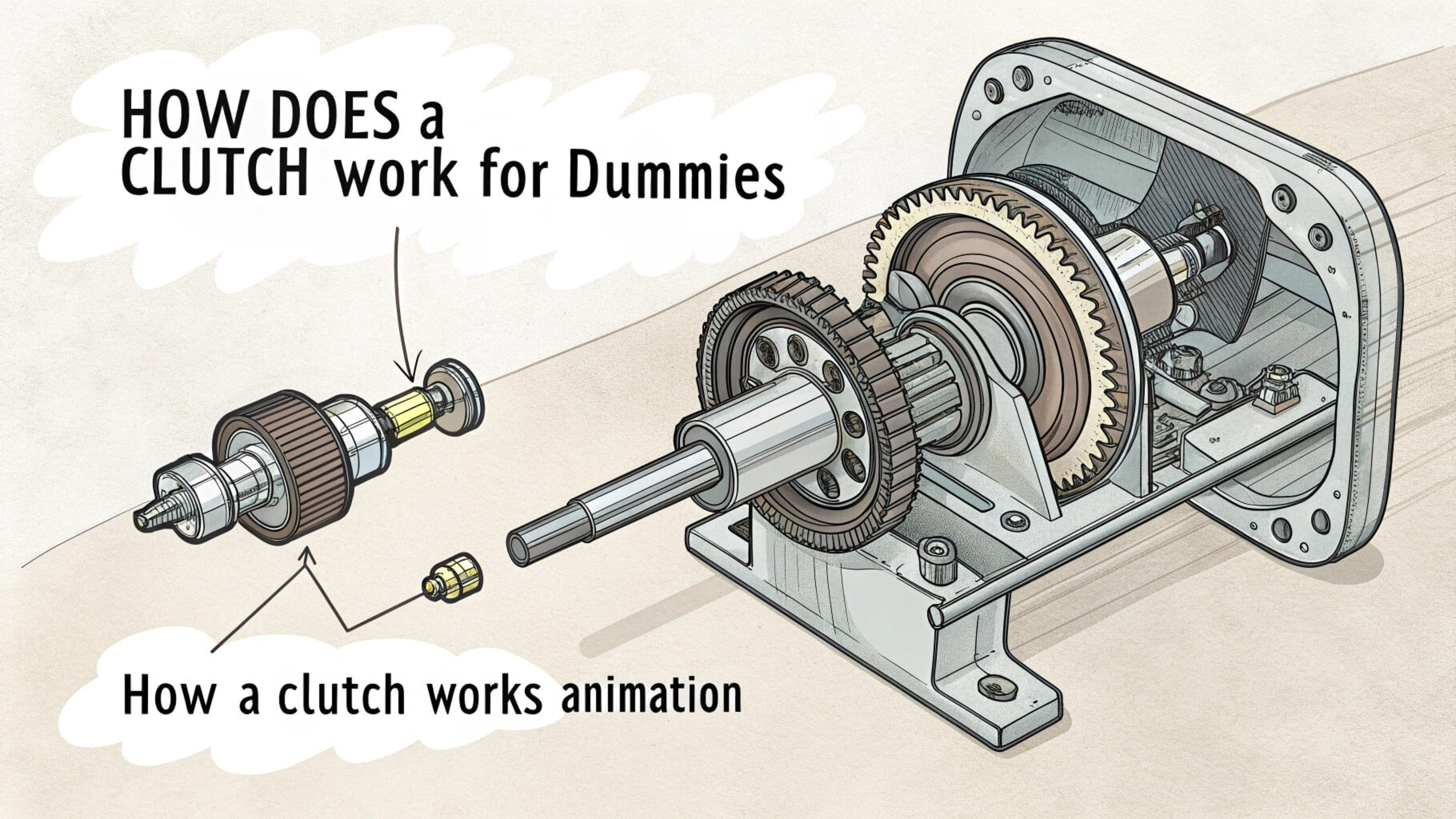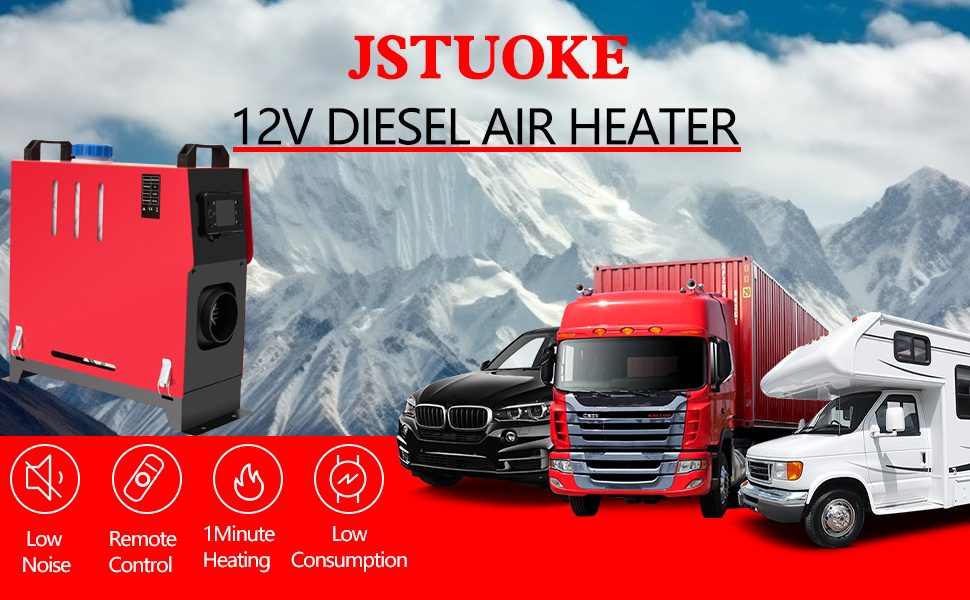Tired of waiting for your car heater to warm up? Let’s dive into what affects the heating time.
Most car heaters take 5-10 minutes to warm up, depending on engine type and outside temperature. Block heaters and parking heaters may speed up this process.
Understanding how heating systems work can help you save time and energy.
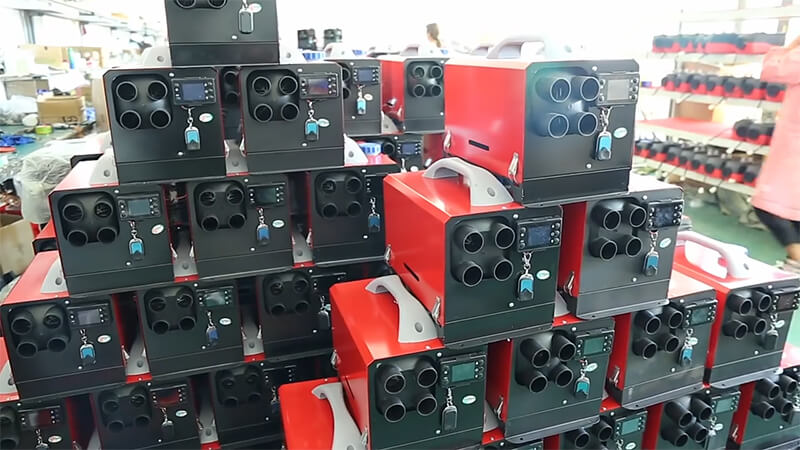
How Long Should It Take for a Car Heater to Warm Up?
Wondering why your heater seems slow? Car heating times depend on engine size and weather.
Car heaters typically warm up in 5-10 minutes of engine operation, though extremely cold conditions may increase this time.
Factors affecting car heater warm-up time
- Engine size and type: Larger engines warm up slower than smaller ones. Diesel engines take longer due to their efficiency.
- Outside temperature: Extreme cold requires more time to generate heat.
- Vehicle maintenance: Properly functioning thermostats and heaters reduce warm-up time.
| Factor | Impact on Warm-Up Time |
|---|---|
| Engine size | Larger engines take longer |
| Weather conditions | Colder weather increases time |
| Thermostat health | Faulty thermostats slow warming |
Tips to speed up car heater warm-up
- Use a block heater to pre-warm the engine.
- Park in a garage or sheltered area.
- Maintain your cooling and heating system.
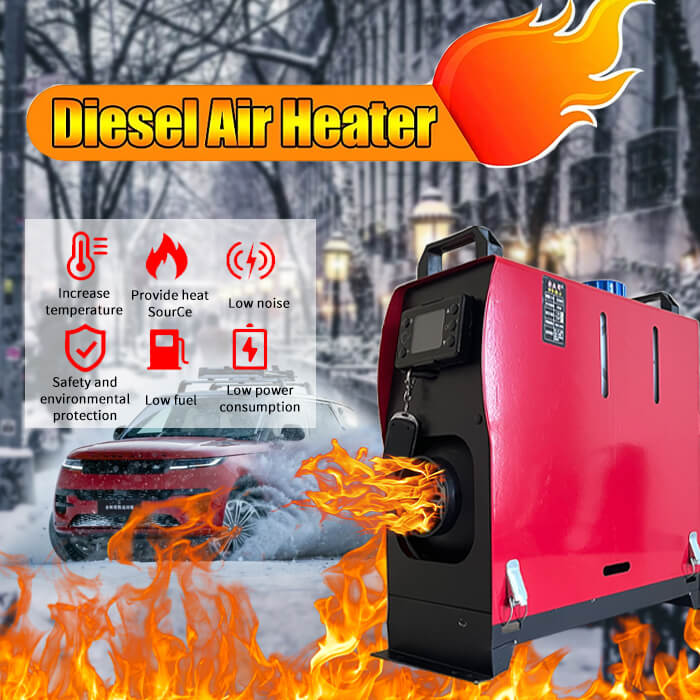
How Long Does a Car Block Heater Take to Warm Up?
Looking for faster results? Block heaters preheat the engine to improve startup and heating.
A block heater typically takes 2-3 hours to warm the engine, depending on the heater type and outside temperature.
How block heaters work
Block heaters use electricity to warm the engine coolant, helping the engine reach operating temperature faster.
Best practices for using block heaters
- Plug in the block heater 2-3 hours before use.
- Use a timer to avoid energy waste.
- Pair with a parking heater for quicker cabin warmth.
| Heater Type | Warm-Up Time |
|---|---|
| Electric block heater | 2-3 hours |
| Diesel-specific block heater | Up to 4 hours |
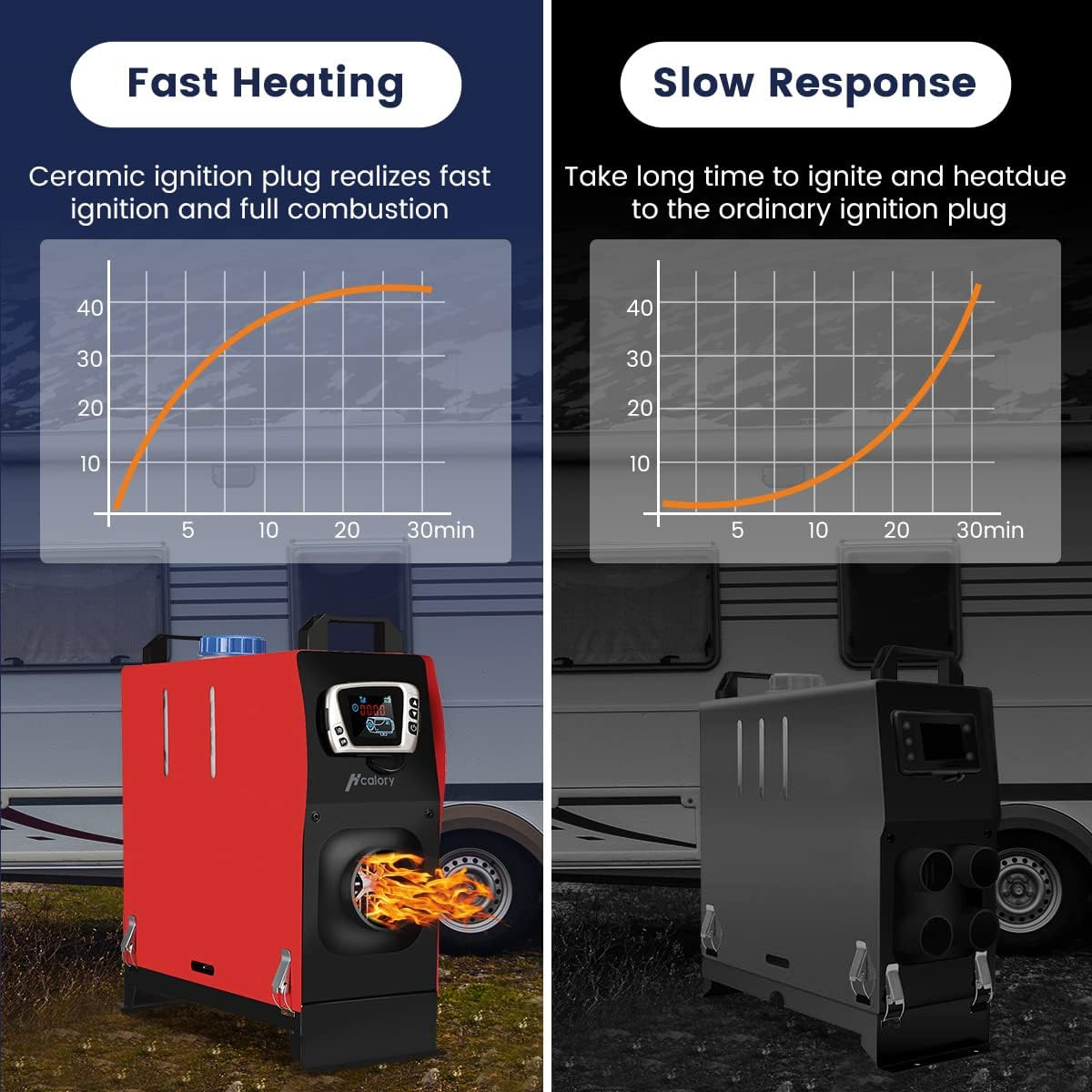
How Does a Parking Heater Work?
Not familiar with parking heaters? These devices are a game changer for winter.
Parking heaters burn fuel to warm your car’s cabin and engine, offering convenience and comfort without engine idling.
Types of parking heaters
- Air heaters: Circulate warm air in the cabin.
- Coolant heaters: Preheat the engine by warming the coolant.
Advantages of using a parking heater
- Reduced engine wear from cold starts.
- Fuel savings compared to idling.
- Enhanced driver and passenger comfort.
| Feature | Air Heater | Coolant Heater |
|---|---|---|
| Function | Warms cabin | Warms engine |
| Installation ease | Easier | Moderate |
| Cost | Lower | Higher |
How Long Does It Take for a Heater to Warm Up?
Are you waiting too long? Heater warm-up times vary based on the system type.
Most car heaters reach full warmth in 5-10 minutes, but preheating solutions like block heaters or parking heaters reduce this time.
Quick solutions for faster heating
- Use a remote start to begin heating before driving.
- Invest in a parking heater for instant cabin warmth.
- Check your vehicle’s heating system for maintenance issues.
| Solution | Benefit |
|---|---|
| Remote start | Starts heating early |
| Parking heater | Instant cabin warmth |
| Maintenance check | Improves heater speed |
Here’s a summary of what you need to know:
- Car heaters usually warm up in 5-10 minutes.
- Block heaters take 2-3 hours to preheat engines.
- Parking heaters offer quick, fuel-efficient cabin warmth.
- Maintenance and preheating tools improve heating efficiency.
- Extreme cold impacts warm-up time for all systems.
Efficient heating starts with the right tools and habits. Stay warm this winter!


